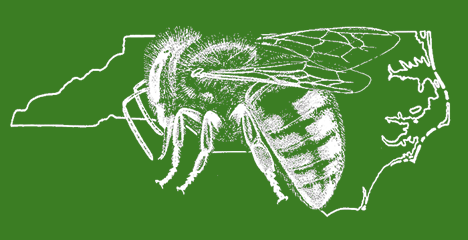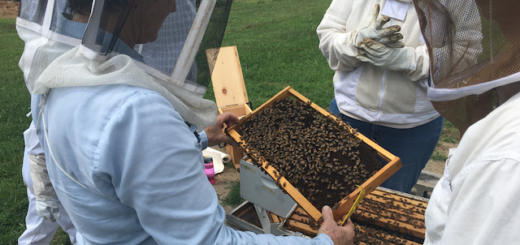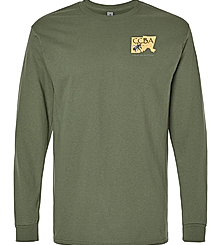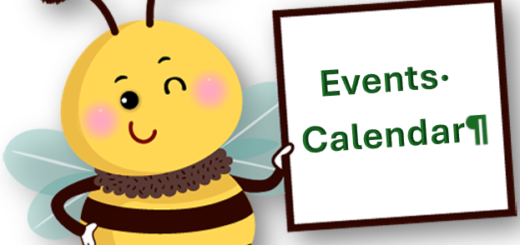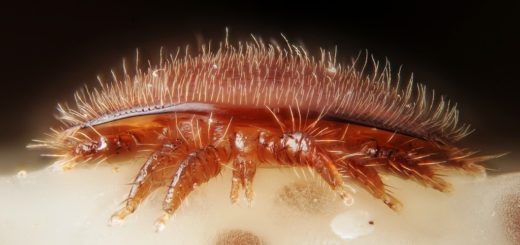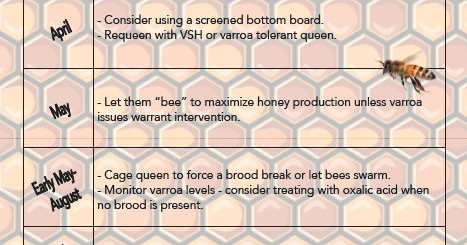In the Apiary: Rebekah Gunn
March 10, 2021
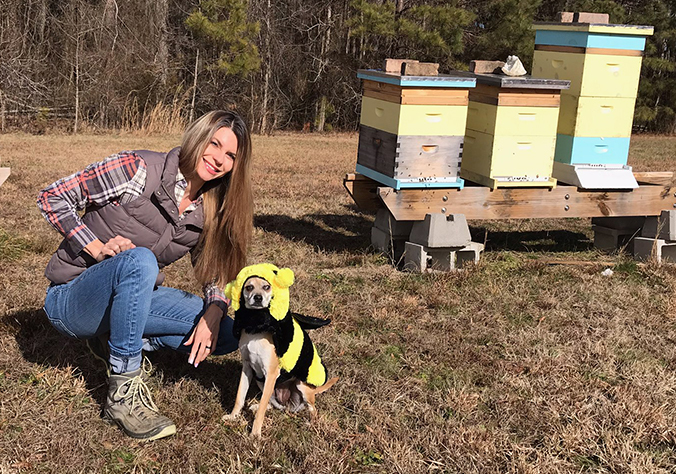
Rebekah Gunn is a second-year CCBA Board Director this year; she graciously accepted my invitation to answer interview questions this month.
How long have you been keeping bees?
My husband and I got our first two colonies in 2017.
Tell me about what drew you to the idea of beekeeping?
Initially, my husband, Nate, was much more interested in beekeeping. We bought our beekeeping equipment, 2 chicken coops, and a small flock of chickens via Craigslist from a family that was moving out of state. It was essentially a “package deal” and an easy sell for my husband who reasoned that beekeeping would be much easier than taking care of chickens-HA! (Sidenote: It’s a generally bad idea to buy used equipment, especially from someone you don’t know. Would not recommend entering into beekeeping in this manner but, as they say, “fools rush in where angels fear to tread!”)
Describe the day you got your first package, nuc, or full hive?
My husband drove to Marion, NC to pick up two nucs of Russians from Revis Russians. The first year of beekeeping I interacted with the bees very little as it was mostly Nate’s endeavor. However, everything changed the next year when I caught a swarm and felt entirely invested in their success. From that point forward, I’ve been obsessed with learning as much as possible about raising fat, happy, healthy bees!
Do you name your queens and/or colonies? If so, share the names and how you came up with them.
We label our colonies for the sole purpose of maintaining detailed hive inspection notes. I cannot emphasize enough the importance of these notes…both for planning an efficient inspection based on the previous inspection’s findings as well as for future reference. Typically, our colony names indicate the lineage or source of the colony. However, in the future, we plan to move to a better nomenclature system to include the month and year that a particular colony’s queen eclosed, thus giving us a quick reference for the queen’s age as well as helping us to study trends, such as productivity and longevity of queens raised during a specific year or month.
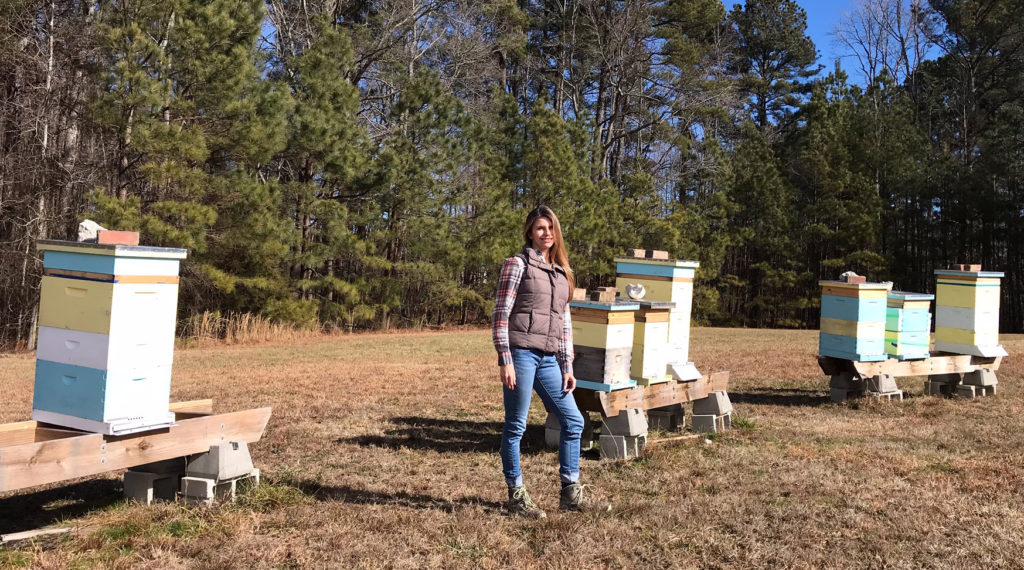
Tell me about your current hives, including hive style and apiary set-up.
We exclusively use 10-frame Langstroth hives. We have alternated between double deep brood boxes and deep/medium brood box set ups. Ultimately, we’ve come back to double deeps because of the interchangeability of frames between boxes. Our ideal number of colonies is 10, but this number fluctuates by the season.
What is your favorite thing about keeping bees?
Happening upon them in our yard as we both go about our daily chores!
Tell me your favorite beekeeping story.
How would you describe your beekeeping philosophy?
Beekeeping is a blend of science and art, much like medicine. Although it’s crucial to have “book smarts” about bees, they often throw curveballs at your management plans, which is where the art of beekeeping comes into play. I’ve heard that a person is a beginning beekeeper for the first 7 years of beekeeping, and I absolutely believe it!
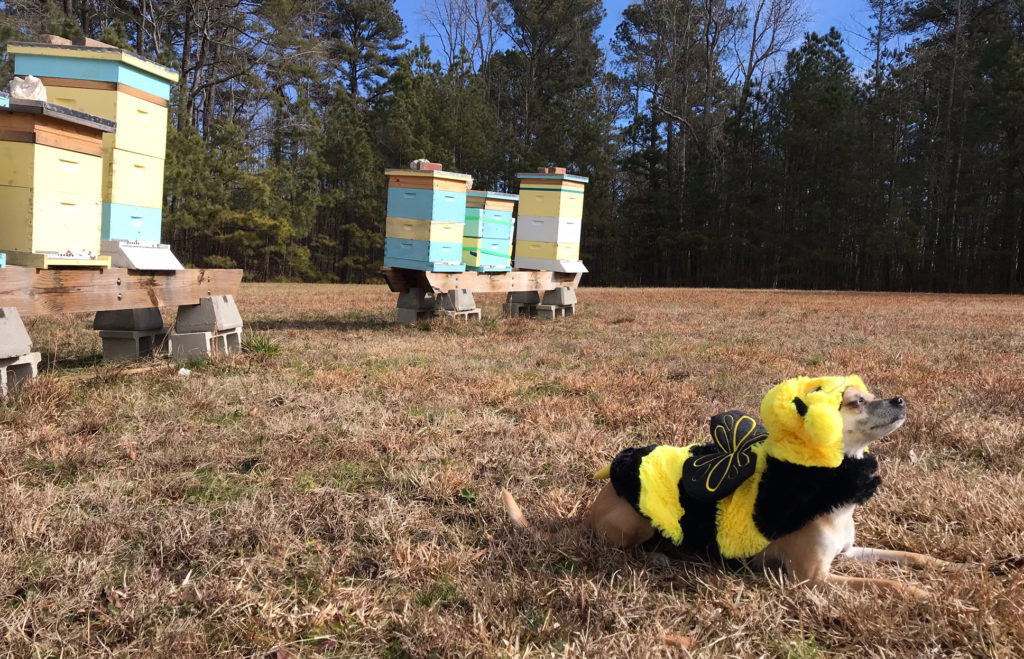
What was your experience with bees as a child?
My mother had flower beds with milkweed growing in them and I loved gently petting the bees as they were visiting the flowers.
Is there a beekeeper or mentor who has inspired you on your beekeeping journey? Feel free to share anecdotes and/or appreciation.
I am so thankful for my CCBA mentors, David Jones and Phil Uptmor. I was in my third year of beekeeping (after much prior failure!) when I finally attended Bee School and was blessed to get two fantastic mentors. David and Phil are truly wonderful in their approach to mentoring–they let me present a situation and my suggested resolution, and then they give feedback on it. I find this mentoring philosophy much more productive than simply being “told an answer,” largely because this practice builds confidence and helps me determine my own management style.
Any advice for a brand new beekeeper?
Take Varroa mites seriously, and determine a proactive (rather than reactive!) approach to deal with them. A lot of the losses honey bee colonies experience can be tied back to Varroa mites, either directly or indirectly. For example, cold doesn’t kill bees–a healthy colony with plenty of food resources will cluster and generate its own heat. However, a colony that’s weak from Varroa mites or the other diseases they vector (transmit) may not have enough bees to generate a sufficient amount of heat and may freeze to death. The overwhelming majority of autumn and winter losses can ultimately be tracked back to insufficient mite management.

